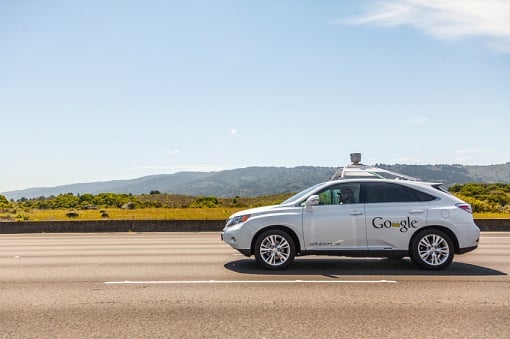

Perhaps it comes as no surprise that many drivers over 65 years old don’t like the idea of self-driving cars - but what may surprise is that around half are open to the idea.
Another notable find of a survey by Munich Re is that 63% of seniors are happy with assisted safety vehicle technology like blind spot detectors, a backup camera and automated braking.
Seniors are among the fastest-growing demographics of drivers in the US – with over 40 million to be on the road by 2020 - and it has been argued that they will need self-driving, or at least technology-assisted driving, cars more than other demographics.
That’s because seniors are statistically more likely to be involved in an accident because of their declining vision, decreased flexibility and slower reflexes, according to the National Highway Traffic Safety Administration (NHSTA).
“Active vehicle safety technology has the potential to reduce crashes in any age group, but may offer specific benefits for older drivers,” Mike Scrudato, head of the mobility domain at Munich Re, said.
“For example, the Insurance Institute for Highway Safety found that rear cameras had the biggest benefit for drivers aged 70 and older, reducing the backup crash rate by 40%, compared with 15% for drivers younger than 70 years old.”
Seniors told Munich Re that safety features give them independence and reduce injuries in the event of an accident.
But half of seniors don’t want to hand the wheel over entirely to a robot - 49% said they’d feel somewhat or very uncomfortable in an autonomous vehicle and 53% said they’d prefer to keep driving themselves.
“Autonomous vehicle technology has the ability to transform the US transportation ecosystem,” Scrudato said. “While widespread adoption may still be some years away, this technology carries a variety of opportunities and potential risk exposures that governments, regulators and the insurance industry must begin to prepare for now.”
Related stories:
Insurers and the future of mobility: learning to shift gears
Mercury lists cheapest cars to insure in the US
